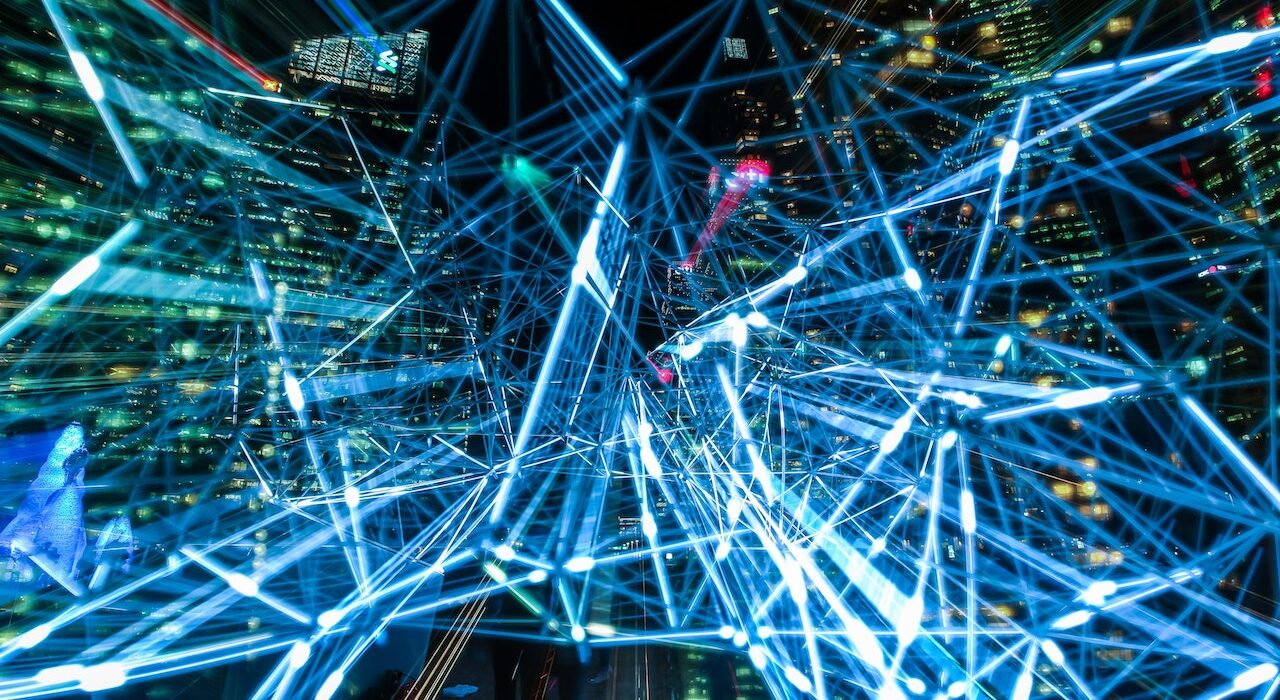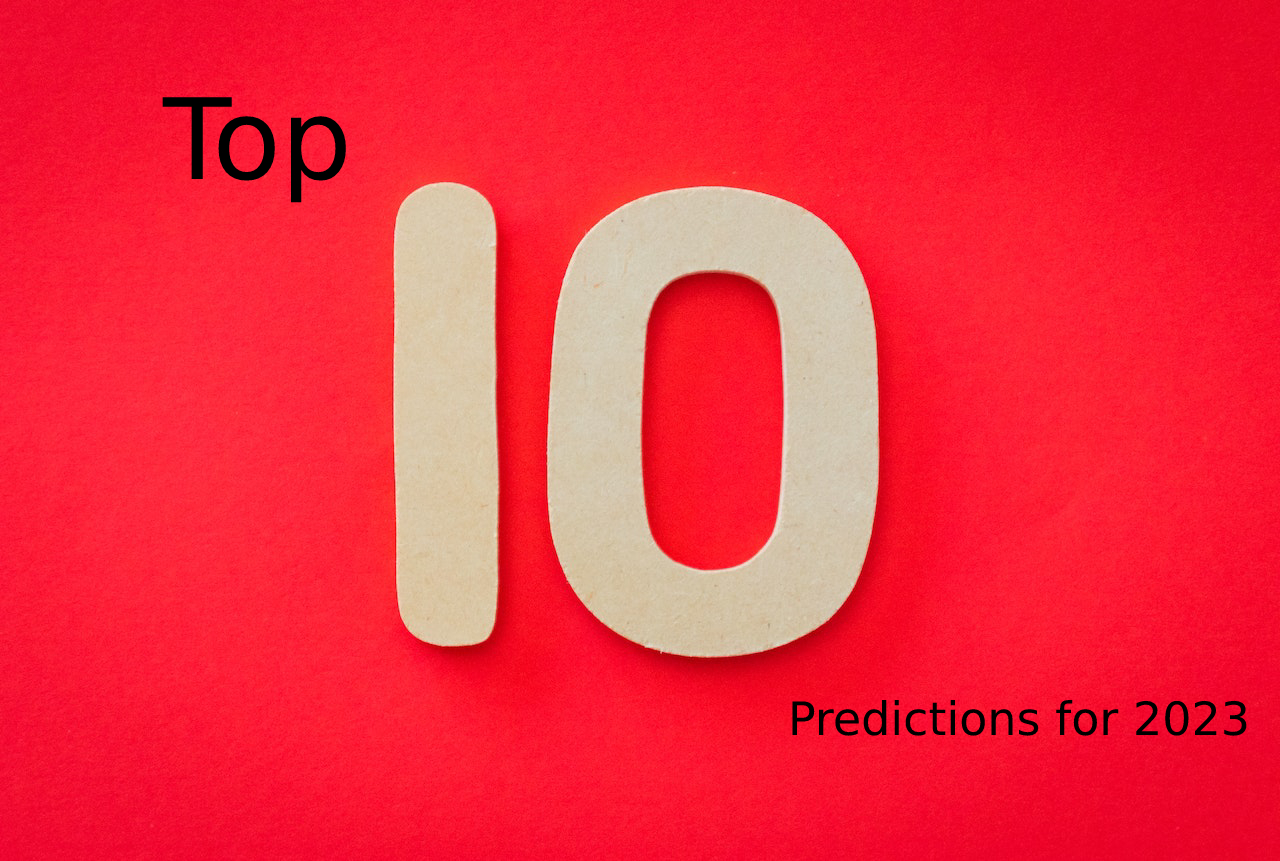The healthcare industry has always been one of the most vital industries in the world. It is responsible for saving lives, treating illnesses, and improving the overall quality of life for people all over the world. Artificial Intelligence (AI) has emerged as a game-changing technology in the healthcare industry, providing valuable insights and predictions that have revolutionized the way healthcare is delivered. In this article, we will explore the top 10 life-saving use cases of AI in the healthcare industry.
- Early Detection of Diseases: One of the most significant advantages of AI in healthcare is its ability to detect diseases early. With the help of AI-powered diagnostic tools, doctors can identify the early signs of diseases like cancer, heart diseases, and neurological disorders. This early detection can help doctors initiate treatment early, which can improve the patient’s chances of recovery.
- Personalized Treatment Plans: AI algorithms can analyze vast amounts of patient data to develop personalized treatment plans for each patient. This includes everything from medication to lifestyle changes, which can help patients manage their conditions more effectively.
- Medical Image Analysis: Medical image analysis is another area where AI has made a significant impact. AI-powered algorithms can analyze medical images like X-rays, CT scans, and MRIs to identify abnormalities that might be missed by human radiologists. This can help doctors make more accurate diagnoses and improve patient outcomes.
- Drug Discovery: Developing new drugs is a time-consuming and expensive process that can take years to complete. AI algorithms can analyze vast amounts of data to identify potential drug candidates, which can significantly speed up the drug discovery process. This can lead to the development of new treatments for diseases that were previously untreatable.
- Virtual Nurses: Virtual nurses are AI-powered chatbots that can help patients manage their conditions from home. These chatbots can provide patients with personalized advice, remind them to take their medication, and monitor their symptoms. This can help patients manage their conditions more effectively and reduce the need for hospital visits.
- Clinical Trials: AI algorithms can analyze vast amounts of data from clinical trials to identify patterns and correlations that might not be apparent to human researchers. This can help researchers design more effective clinical trials and improve patient outcomes.
- Remote Monitoring: Remote monitoring is another area where AI has made a significant impact. AI-powered devices can monitor patients’ vital signs, such as blood pressure, heart rate, and oxygen levels, and alert doctors if there are any significant changes. This can help doctors initiate treatment early and prevent complications.
- Predictive Analytics: Predictive analytics is the process of using AI algorithms to identify patterns and make predictions about future outcomes. In healthcare, predictive analytics can be used to predict the likelihood of a patient developing a particular condition, which can help doctors initiate preventive measures early.
- Fraud Detection: Healthcare fraud is a significant problem that costs the industry billions of dollars each year. AI algorithms can analyze vast amounts of data to identify patterns that might indicate fraudulent activity. This can help healthcare providers detect and prevent fraud, saving the industry billions of dollars each year.
- Mental Health Diagnosis: Mental health is a significant issue that affects millions of people worldwide. AI-powered algorithms can analyze patient data to diagnose mental health conditions like depression and anxiety. This can help doctors initiate treatment early and improve patient outcomes.
Conclusion
AI has emerged as a game-changing technology in the healthcare industry, providing valuable insights and predictions that have revolutionized the way healthcare is delivered. From early detection of diseases to personalized treatment plans, AI has the potential to save millions of lives each year. As the technology continues to advance, we can expect to see even more life-saving use cases of AI in the healthcare industry.





